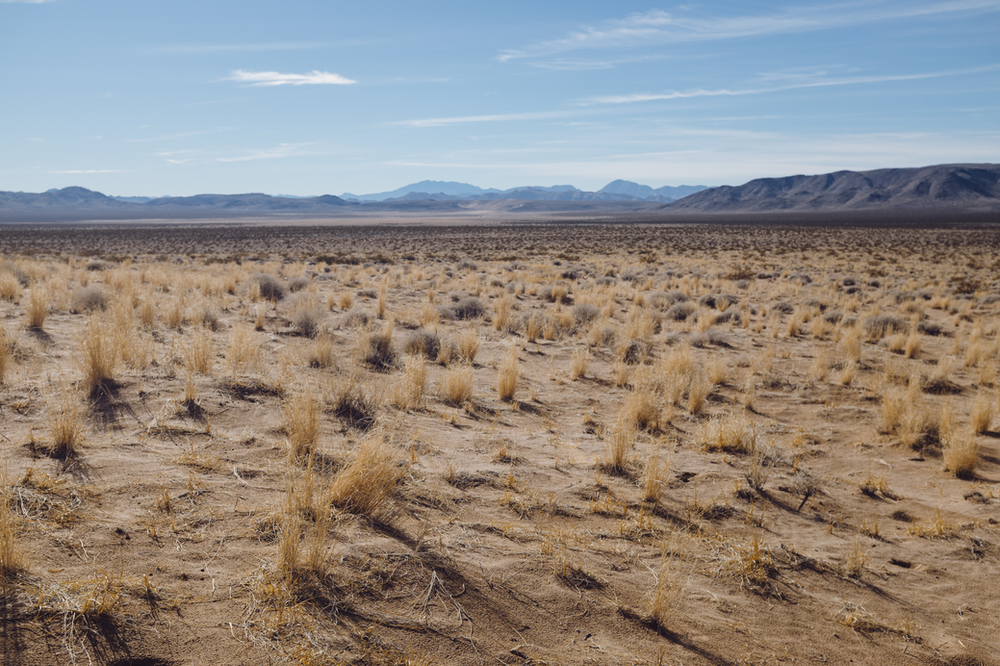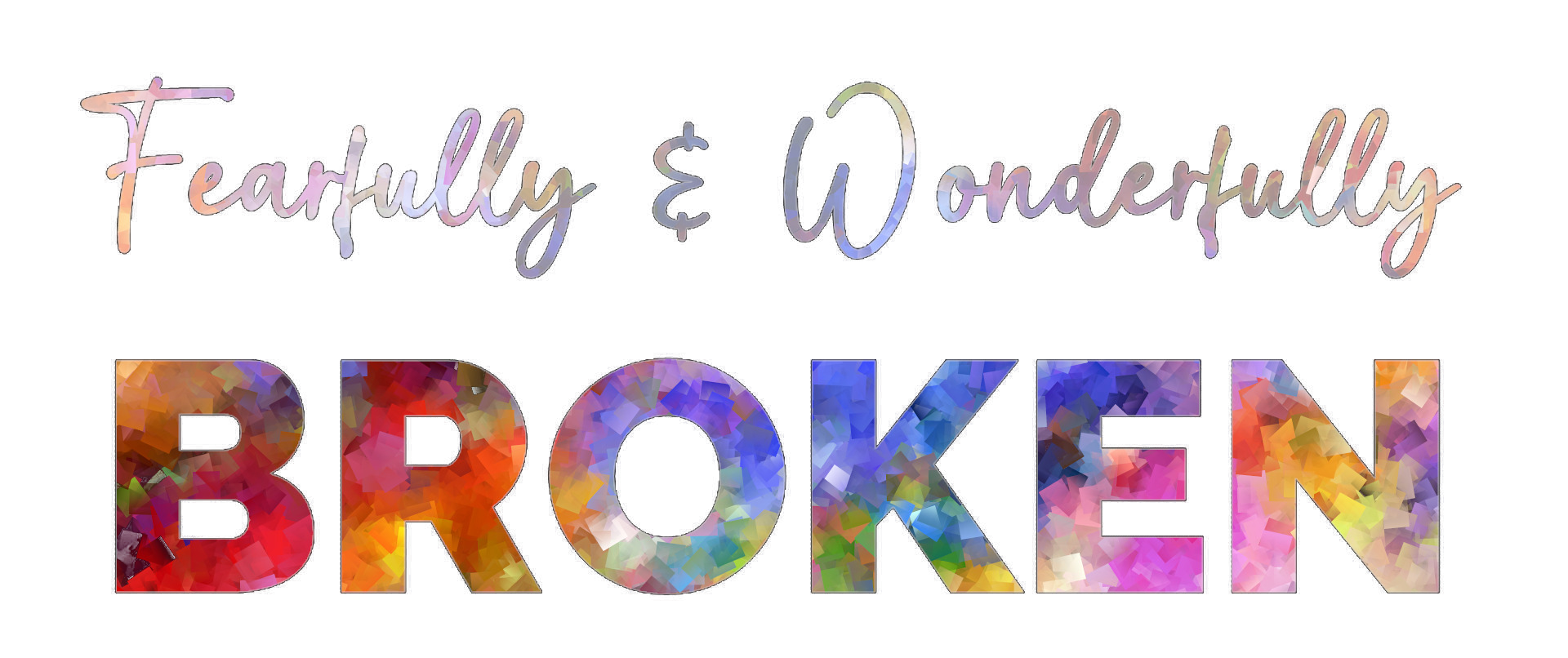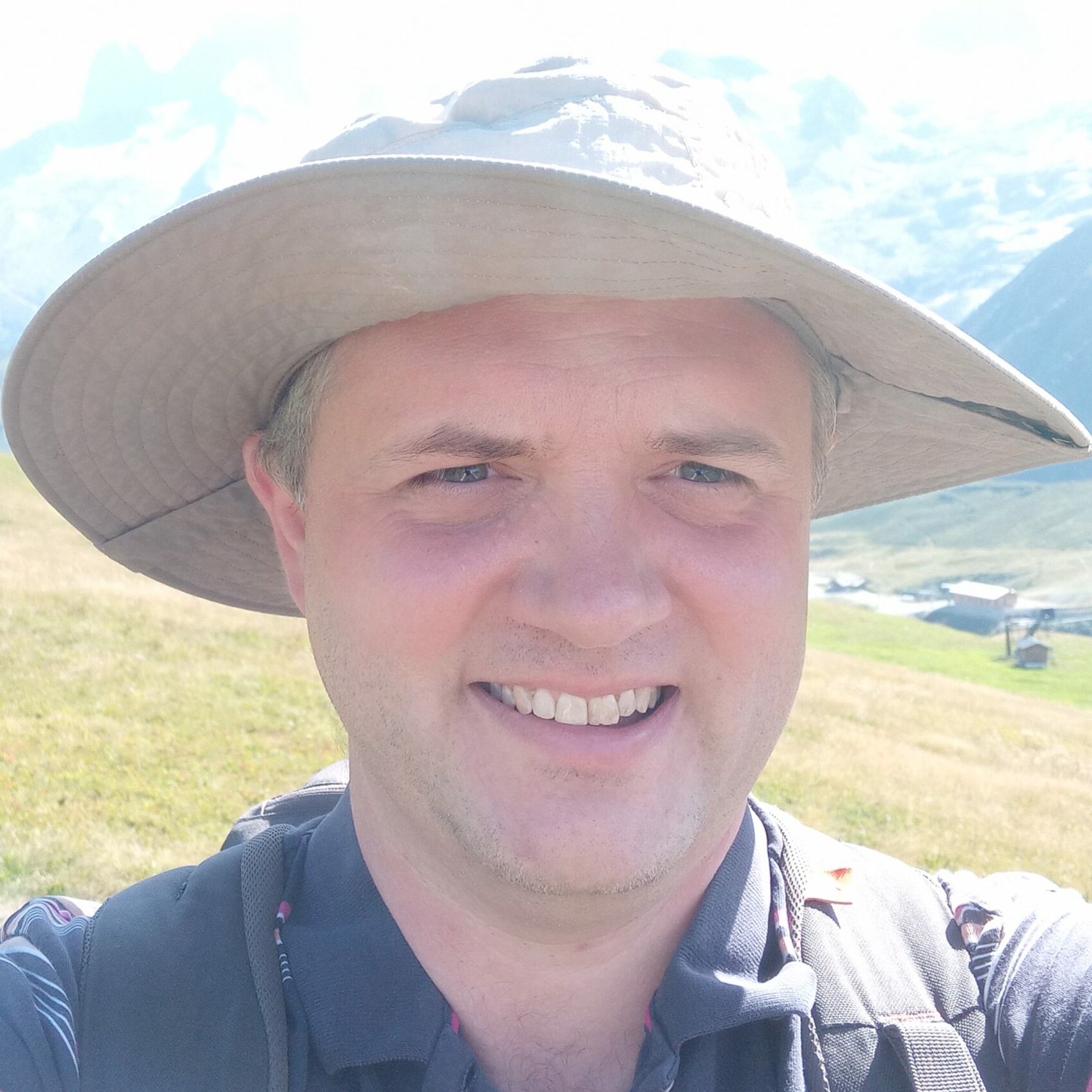Dear John,
In thinking and writing about autism, I keep on coming back to the Bible story of Adam and Eve. I’m not writing here about in what sense it’s a historical account of events; you can do your own work on that. But your answer to that question isn’t the most important thing about the passage.

It was written primarily to tell people (originally in the Bronze age) why people are the way we are, and why the world is the way it is. And the backstory it gives to humanity is far truer to the way we are today than any of the alternatives – how we can be capable of the most sublime beauty, love and self-sacrifice, but also of the most hideous evil and selfishness. Someone said it was written primarily as a history of human nature rather than a natural history of humans.
It also explains why all people are valuable in a way that no other philosophy does and that has formed the basis for our society and laws for centuries.
Today, we’re living downstream from the Fall. The world we are in is still wonderful and beautiful, but also broken.
Adam and Eve started off with a life that was perfect both internally and externally. They had a long list of blessings. Some of those – especially the perfect relationships with each other and the perfect relationship with the world are under the heading of being “in the image of God”; others are under the heading of being “in the Garden of Eden” – being in the perfect environment.
When Adam and Eve reject God’s stated purpose for them, it’s like they graffiti God’s artwork and damage the beauty of his creation. The consequence of that is that God’s image in them is distorted, and they are excluded from the garden of God’s good and ordered creation, to live in place of chaos – the wilderness.
There is a long list of things that are features of life in the wilderness that weren’t features of life in the garden. Sin, death, frustration, pain, relational disharmony, blame shifting. And the problems are both internal and external. Things and people in the wilderness are broken in a way that they weren’t in the garden. There is sickness and disability in the wilderness in a way there wasn’t in the garden.
That’s not to say that all brokenness here is the result of specific things we’ve done wrong. It really isn’t. It’s that as a result of our actions as a species, we’re being born, living, and dying in a hostile environment where these kind of things happen.
I remember watching a video about a village in Uganda where people needed to walk for several miles every day to get water from a river. It was meant to be a fundraising video for the charity that was trying to install water pipes in the village, but I couldn’t get round the question of why on Earth anyone would build a village several miles from the nearest water supply. The video didn’t answer it, and neither did the website of the charity.
But the point here is that their situation is basically the same as ours. We live in a dumb place – outside the garden. Our ancestors chose it, for some reason, and we choose to continue here. It’s not where we are going to thrive or achieve our best life chances. We suffer all kinds of things as a result of it, including the various types of sensory and relational brokenness that come from autism.
All the best,
Future John

Fearfully & Wonderfully Broken is a series of letters from an autistic pastor to his teenage self, covering topics like faith, autism, disability and how to cope with life.
Most of the titles are deliberately wrong, and/or provocative (see letter 2).
 John Allister is the vicar of St Jude’s Church in Nottingham, England.
John Allister is the vicar of St Jude’s Church in Nottingham, England.
At age 18, he was a maths/science geek who didn’t realise he was autistic.
